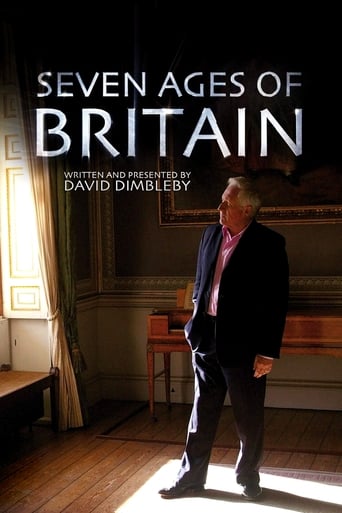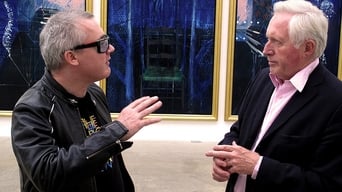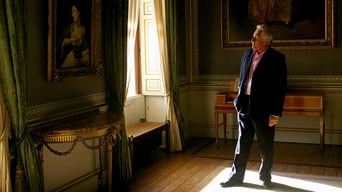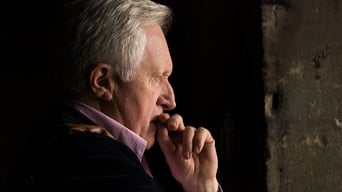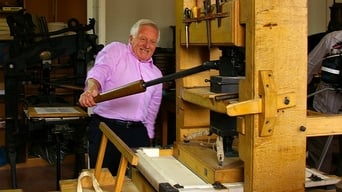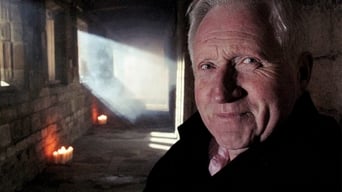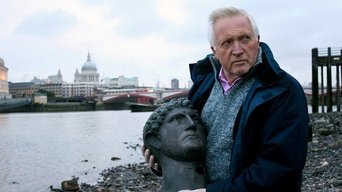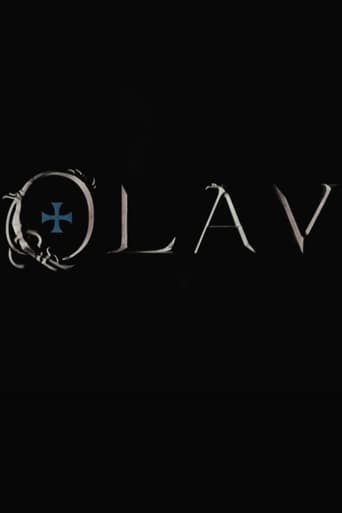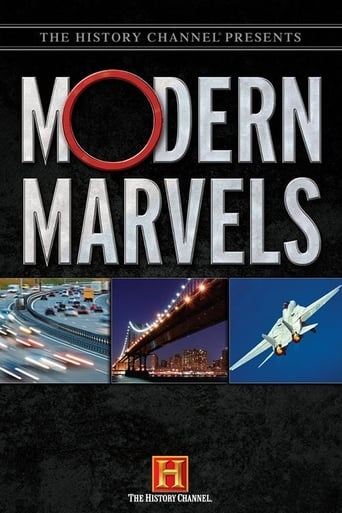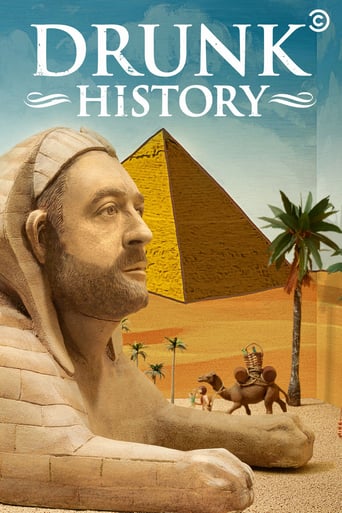Seven Ages of Britain Season 1
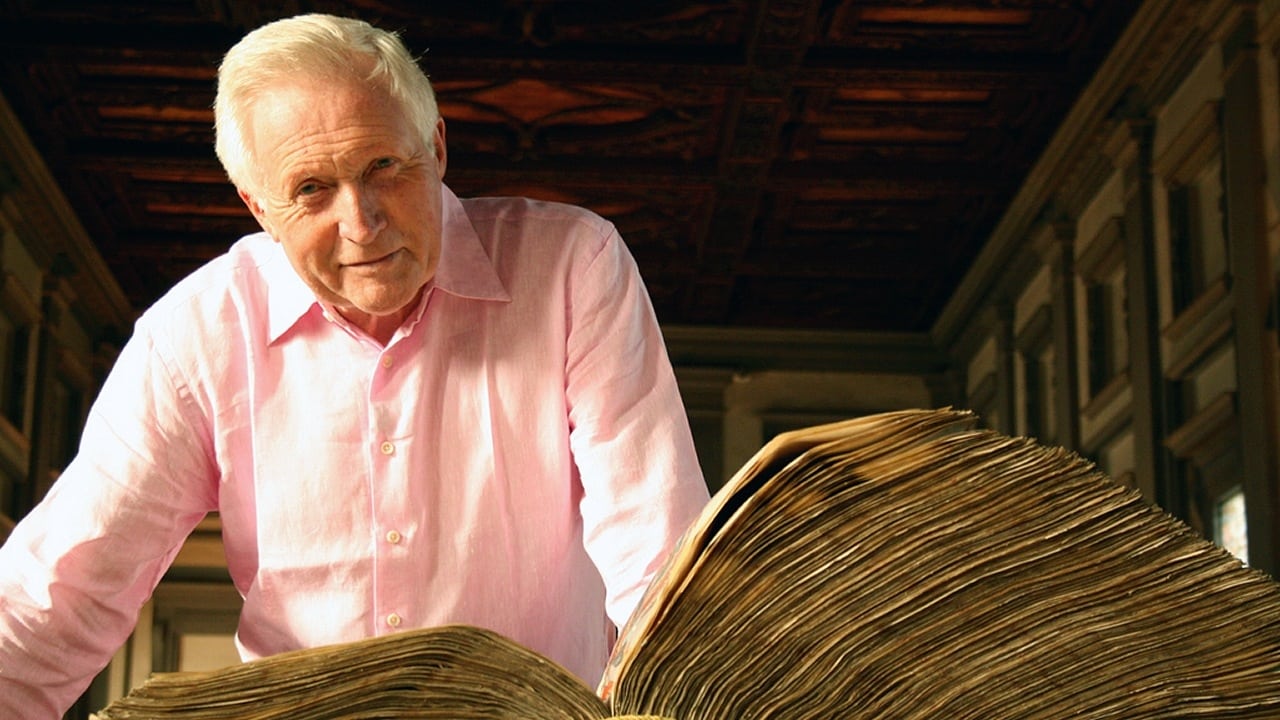
Seven Ages of Britain is a BBC television documentary series which is written and presented by David Dimbleby. The seven part series was first aired on Sunday nights at 9:00pm on BBC One starting on 31 January 2010. The series covers the history of Britain's greatest art and artefacts over the past 2000 years. Each episode covers a different period in British history. In Australia, all seven episodes aired on ABC1 each Tuesday at 8:30pm from 7 September 2010.
Watch NowWith 30 Day Free Trial!
Seven Ages of Britain
2010
Seven Ages of Britain is a BBC television documentary series which is written and presented by David Dimbleby. The seven part series was first aired on Sunday nights at 9:00pm on BBC One starting on 31 January 2010. The series covers the history of Britain's greatest art and artefacts over the past 2000 years. Each episode covers a different period in British history. In Australia, all seven episodes aired on ABC1 each Tuesday at 8:30pm from 7 September 2010.
Watch Trailer
Seven Ages of Britain Season 1 Full Episode Guide
Modern Britain from WWI to the 21st century, the empire gone, but ambition/pride of new scientific age stills make Great Britain one of the greatest powers and influences in the world.
British Empire from 1750 to 1900 from America and India traces the descent from adventure and inspiration into moral bankruptcy as the Empire became a self-serving bureaucratic machine.
In the 1700's, the age of Commerce produced a new 'middle' class with new ant-puritan pleasure and novelty, a Golden Age in painting, and hero burial of Horatio Nelson, a commoner, at the St Paul's Cathedral.
In the 17th century, the people of Britain learnt to question everything. The result was Civil War, in which everyone, including artists, had to take sides. But out of it came a re-invented monarchy, a scientific revolution and, ultimately, the great Cathedral of St Paul's.
From the Henry VIII's accession in 1509 to the last play of Shakespeare's Henry VIII, the Tudors dynasty used reformation, art, seamanship, and propaganda to the most powerful World empire.
In the Middle Ages, Britain was caught in a power struggle between the Crown and the Church. The two were reconciled in the code of chivalry which ordered devotion to one's king as well as God: a story revealed in the fabulous objects left in Britain's cathedrals and castles, or safeguarded in museums.
For a thousand years, from Emperor Claudius to William the Conqueror, the British Isles were defined by invasion, each successive wave bringing something new to the mix. The Romans brought figurative art, the Anglo-Saxons epic poetry, the Normans monumental architecture.
Free Trial Channels
Seasons


